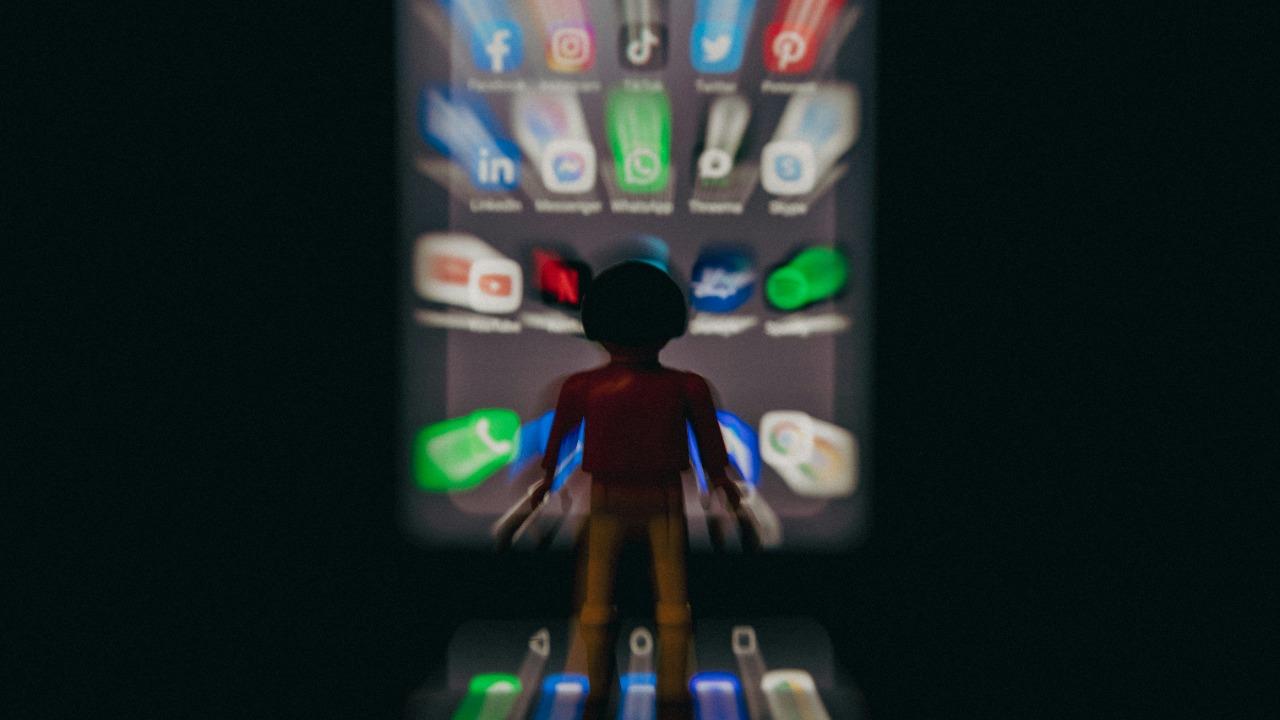
In a world where smartphones are indispensable, it’s easy to overlook the potential dangers lurking in popular apps. Some apps, despite their ubiquitous presence, have raised significant concerns regarding privacy, security, and mental health. Here’s a closer look at five apps that continue to pose risks to users.
1) TikTok: Privacy Concerns and Data Mining

TikTok, with its viral videos and massive user base, has been under scrutiny for its data collection practices. Concerns have been raised about how the app handles user data, with allegations of extensive data mining. The app has faced various investigations globally, particularly regarding its ties to China. This raises questions about user privacy and how collected data might be used. As such, users should be cautious and stay informed about the app’s privacy policies.
2) WhatsApp: Security Flaws and Malware Risks

While WhatsApp is celebrated for its end-to-end encryption, it has not been immune to security threats. Several vulnerabilities have been discovered that could potentially allow malicious actors to inject malware into users’ devices. Despite regular updates and patches, the app remains a target for cybercriminals. Users are advised to be wary of suspicious messages and to ensure their app is always updated to the latest version.
3) Snapchat: Disappearing Messages and Cyberbullying

Snapchat’s feature of disappearing messages might seem like a fun way to communicate, but it also opens doors for cyberbullying and other harmful behaviors. The temporary nature of the messages can encourage users to send inappropriate content, believing it will vanish without a trace. However, screenshots and third-party apps can bypass these features, leading to potential harassment and bullying. It’s crucial for users to be mindful of what they share, even if it seems temporary.
4) Facebook: Data Breaches and Misinformation

Facebook has been a significant player in various data breaches over the years, exposing millions of users’ data to unauthorized parties. Moreover, the platform has struggled with the spread of misinformation, which can have real-world consequences. Despite efforts to combat fake news, users often encounter misleading information. It’s essential to verify the credibility of shared content and be aware of the data privacy settings available to safeguard personal information.
5) Instagram: Mental Health Impact and Predatory Behaviors

Instagram is a platform where curated images can impact mental health, particularly among younger audiences. The emphasis on perfection can lead to issues like low self-esteem and anxiety. Additionally, the app’s direct messaging feature can be exploited by predators, making it crucial for users to be cautious about whom they interact with online. Understanding and managing privacy settings can help mitigate some of these risks, promoting a healthier social media experience.